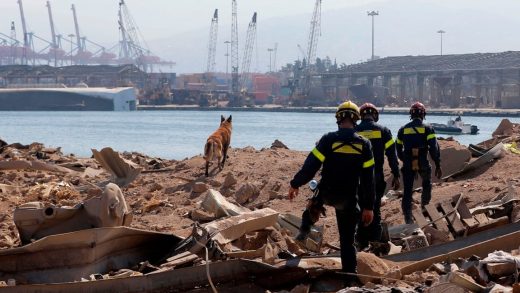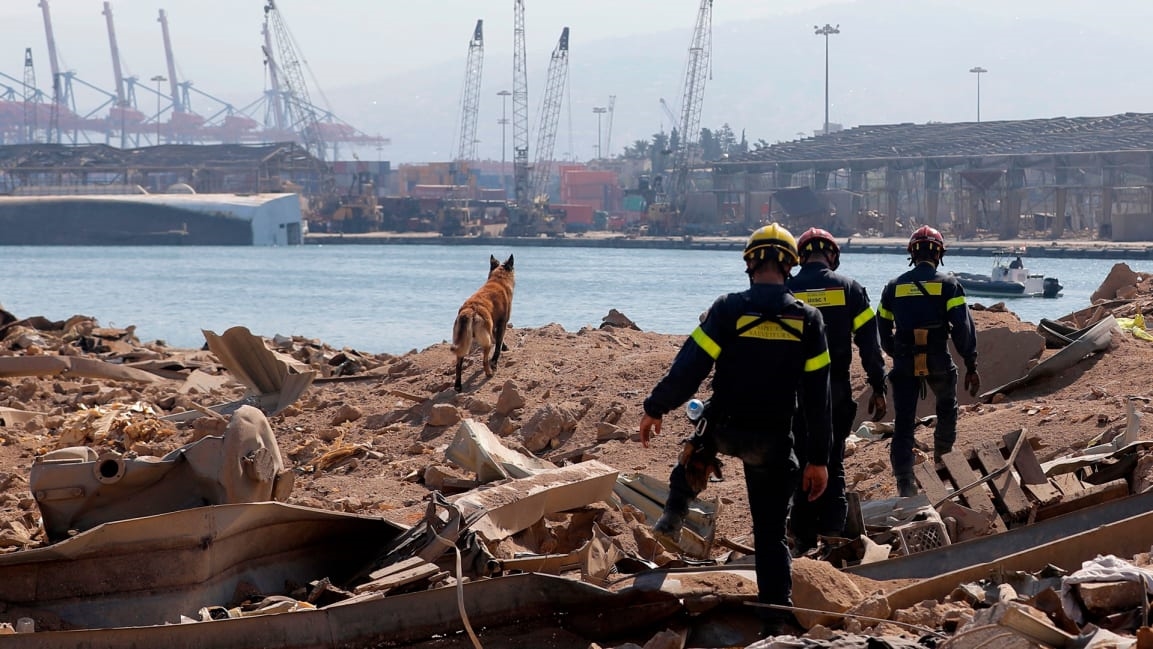Beirut residents are turning to Instagram to locate missing loved ones after the explosion
In the wake of a devastating explosion that tore through a section of Beirut on Tuesday, Instagram is emerging as a significant resource for residents there who are trying to locate lost loved ones.
Days after the blast killed 154 people and left up to 5,000 more injured, dozens of people are still missing in the Lebanese capital. According to Sky News, international rescue teams are combing through the rubble and debris in a desperate search for survivors, but many are unaccounted for. At least 300,000 people are said to have been displaced by the incident.
The Instagram page “Locate Victims Beirut” has been posting images of missing persons along with contact information and other details that might help locate them. The work is critical at a time when casualties are still being counted and every second counts.
“We are trying to locate the individuals posted,” the description explains.
Taken together, the images on the feed are a heartbreaking real-time record of a tragedy still unfolding in a country that was already reeling from economic strife—photos of mothers, fathers, and children, accompanied by impassioned pleas to help track them down.
The page description does not say who runs the account, but it’s already been verified by Instagram and had more than 110,000 followers as of Friday morning. Photos of missing persons are accepted and vetted through Instagram’s DM feature.
In an Instagram story posted Thursday, the organizers said they were seeking a more streamlined, more automated way to let people report missing loved ones. They did not immediately respond to a request for comment.
View this post on Instagram
The Instagram page is just one of a number of resourceful ways that activists and relief workers are using digital tools in the aftermath of the explosion. Carrd, an online platform for no-frills websites, has proven a vital repository for donations and other emergency relief campaigns, and crowd-sourced Google Maps are helping displaced people find shelter.
(7)



